Computers can be expensive, and this is especially the case if you’re going for a completely new system. The problem with this is we can see complete upgrades as the only solution when a system begins to slow. This isn’t the only option, however, as there are both software and hardware solutions that can keep an aging computer performing to your needs. Going over a few of these, you might be able to delay a complete upgrade for a few years yet.
The Software Route
The easiest and cheapest route to keeping your computer at its highest possible speed is to clean out the software bloat which affects all computers over time. Too often we install little things we don’t need, even by accident, and these can have a cumulative negative effect on performance.
A good start here can be to simply delete any programs you don’t use manually, but free online programs can also be a great help. Just be sure to delete these after you use them, so they don’t contribute to future bloat themselves. Essentially, the fewer start-up programs your computer runs, the faster you’ll get to a usable state from boot, and the faster general operations will become.
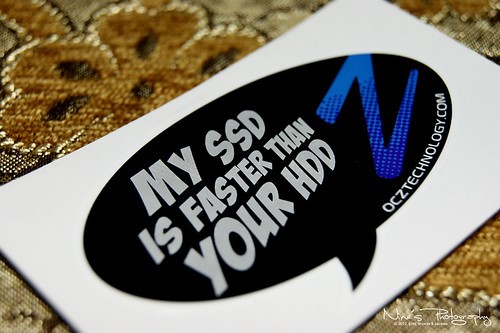
“Seriously Fragmented Windows XP Hard Dri” (CC BY-SA 2.0) by artistmac
Users with mechanical hard drives can also see better speeds through running a defragmentation program, again often available for free. These programs will organize data on your drive as sequentially as possible, meaning your computer has to search less and thus loads faster.
Hardware Solutions
Before looking into upgrading components, a good first step can be to clean out the inside of your case. This is a step many people overlook, but it’s important nonetheless. Simply remove the screws holding the side panel onto your computer, and blast it out with a can of compressed air while ensuring everything is still grounded. A clean case can reduce thermal throttling, which can lead to performance increases.
Otherwise, smaller component upgrades can also be a good choice. Before starting on this front, you need to know both what you want to accomplish, and what parts will give the biggest benefit. For example, if you want to play games on online casinos, then upgrades might not be necessary. Whether browsing these websites, collecting bonuses, or playing the games, even older systems should manage these just fine. On the lower end like this, however, there might be use in upgrading to a solid-state drive as a base.
The SSDs of today are relatively cheap and make everything installed on them load much faster than older mechanical drives. This means booting faster, browsing faster, and less time wasted overall. They even use SATA connectors, so installing them is surprisingly easy.
For more specific component upgrades, it can be first worth benchmarking your computer to see what components are the most out of date. For example, upgrading a graphics card on an old CPU might not see any performance gains because of a CPU bottleneck. Research your components ahead of time with a program like CPU-Z, and you can avoid this issue.
“My SSD” (CC BY 2.0) by carnine9
While no computer can be upgraded forever due to the changing standards of components, these steps should at least let yours hold on for longer. Whether buying cheap upgrade parts or keeping the software clean, little steps can add up to more than we realize. And besides, the longer you wait for a full upgrade, the better and cheaper your next system could be.

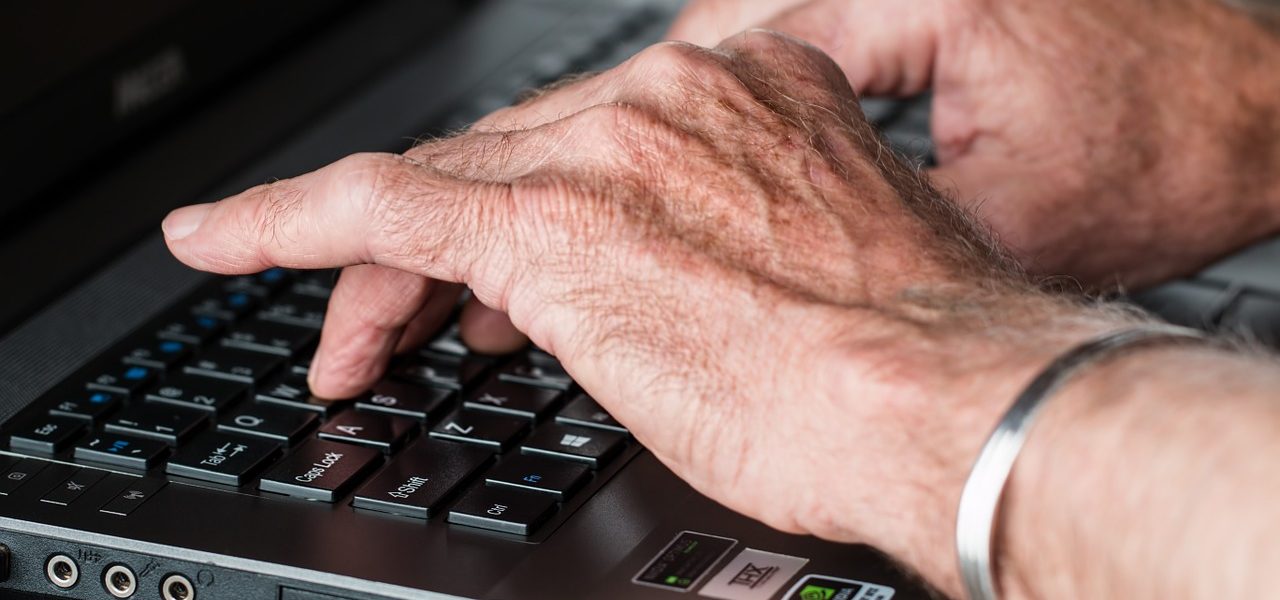
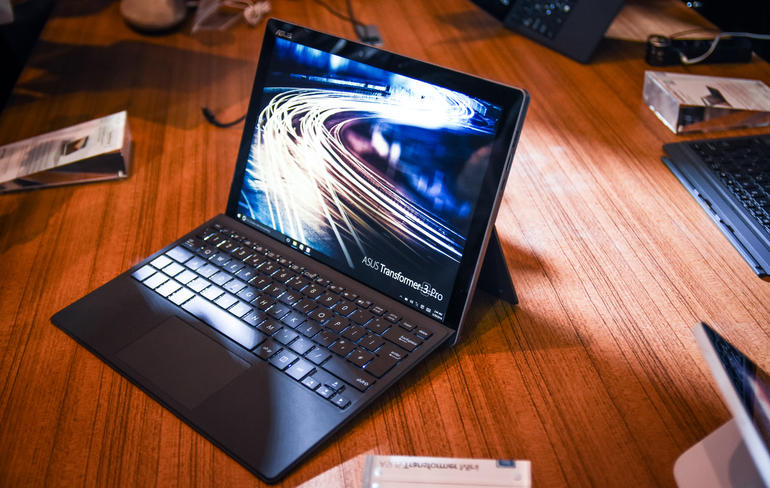

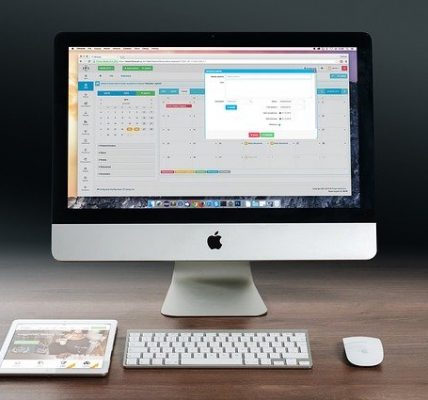
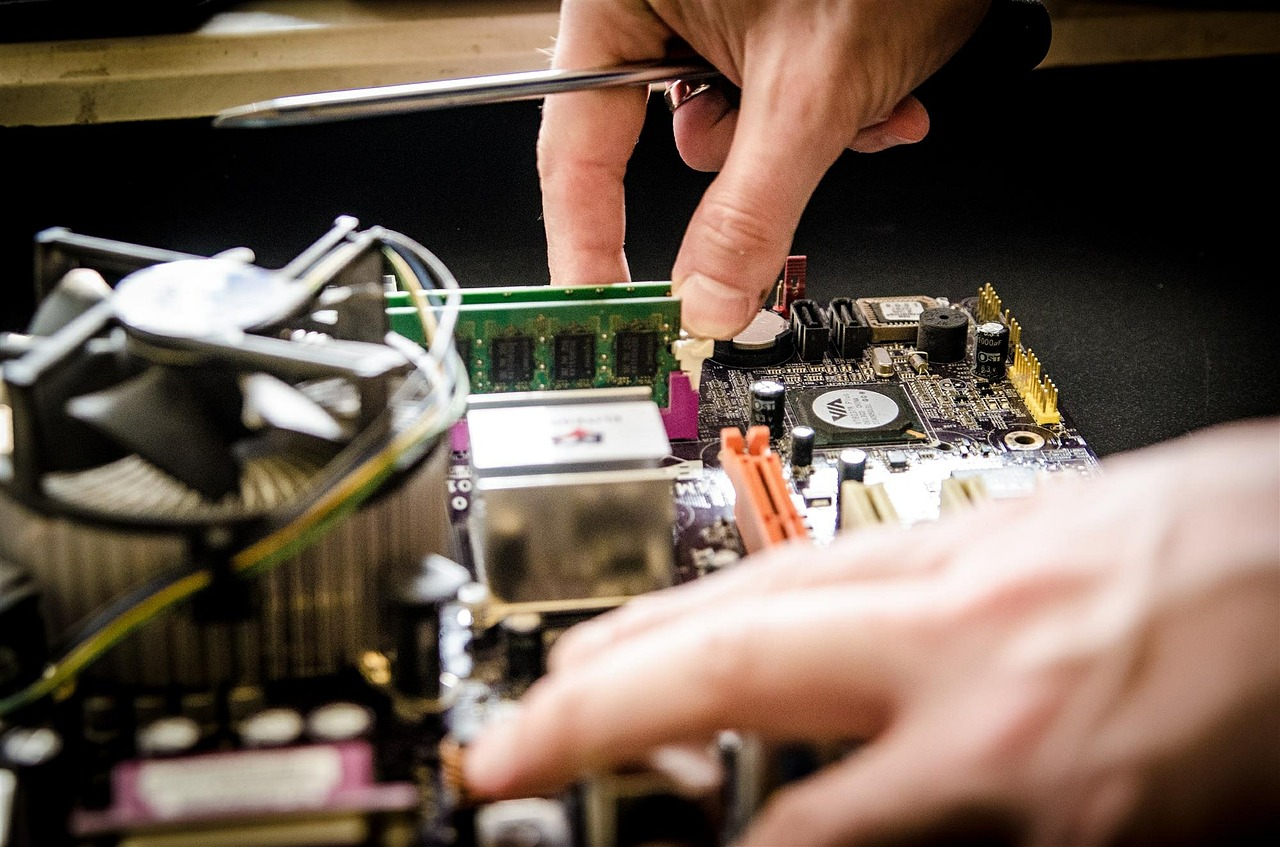





![Watch Video Now on xiaohongshu.com [以色列Elevatione perfectio X美容仪 perfectio X 全新仪器黑科技了解下]](https://www.techburgeon.com/wp-content/uploads/2019/07/perfectiox-singapore-150x150.jpg)
